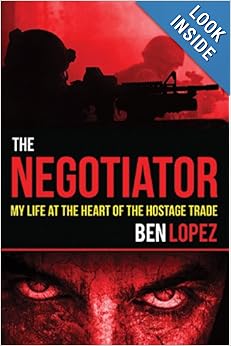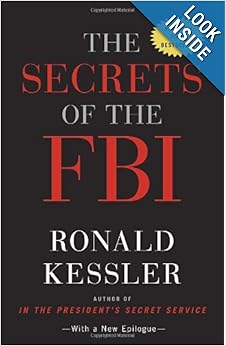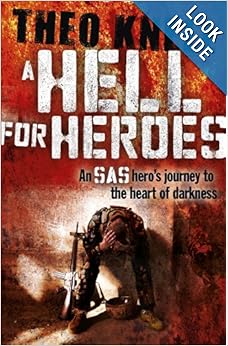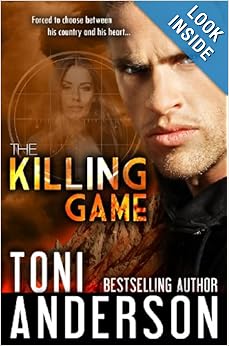I've finished my work-in-progress! Oh halleluja, I cry - and so do my long-suffering friends, family, fellow authors and super-tolerant publisher. You see, my book was due in on March 1, and where are we now? Weeeellll past that date.
It's partly the usual excuse - Real Life getting in the way. There have been family events, extra workload at the Day Job, and a lot of activity with organising this year's UK GLBT Fiction Meet, being a committee member. A lot of the distractions have been great and exciting and encouraging - but I'm reminded as always that there are only 24 hours in a day, and some of them are useless when I'm *that* sleepy LOL.
And the other part of the reason? The short story of 11k I'd planned to write ran away with me and became an almost-novel of 40k! Good news for me, I think, and for the characters who deserved the longer word count :).
But it made me think about the different challenges of writing long and short. I LOVE writing short stories, and whether or not I do them justice, I can appreciate the different skills needed from an author to do it well. It's NOT just a case of less words! There's a different approach and style to them, and an imperative to create a story in a shorter and more vivid timespan. When it works, a short story can wring your emotions dry, lodge deeply in your heart, and stay in your mind for years.
I'd love to share this blog post I read recently by the author Skye Hegyes about writing short stories - what they mean, how they should be presented, what they require of an author.
I hope she won't mind me repeating the post here, it really resonated with me and summed up exactly how I feel about the medium.
~~~~~~~~~~~~~~~~~~~~~~~~~~~~~~~~~~~~~~~~~~~~~~~~~~~~~~
"The Black
Cat, Edgar
Allen Poe; The Veldt, Ray Bradbury; The Monkey’s Paw,
W. W. Jacobs.
What do
all these titles have to do with each other?
They are
all short stories for one.
They are
also dark tales, discussing morals, horrors, the dark recesses of one’s mind,
the things people only discuss in the light of day when the monsters recede to
the shadows.
The Necklace, Guy de Maupassant; Scarlet Ibis, James Hurst; The Gift of the Maji, O. Henry.
These are
tales of love and loss, the heartbreak that falls when you love something so
much you give something else up to keep it or lose it either way.
There are
other short stories that delve into the whole menagerie of human emotions—joy,
rage, embarrassment, etc.—but none command us the way these do, pull at our
emotions in such gut-wrenching apprehension.
They are
the paramount of writing. Examples of what we all strive for.
Why?
Because every sentence has to count. Every sentence has to build your characters, your setting, your plot to keep your story going. Every sentence has to build upon the last one to keep your story flowing.
That being said, it is much easier to keep a linier progression in a short story because you tend to have fewer characters than you do in a novel. You only follow one or two characters in a short story usually, and the most I’ve ever seen in a story before has been five or six, and that was a longer piece, just under ten thousand words.
Short stories also tend to have shorter, less complicated plots. The motivations and decisions of characters follow a yellow brick road to the city – or wherever you intend to lead them be it a city, a new world, a grassy plain, or even the furthest contours of their own mind.
While short stories may seem easy to those who usually write them and difficult to those who usually write novels, the end result remains rewarding beyond compare. If you can pull it off, you can join the ranks of the masters, filling power with your words and drawing emotions from your readers they may not even understand themselves."
~~~~~~~~~~~~~~~~~~~~~~~~~~~~~~~~~~~~~~~~~~~~~~~~~~~~
Posted by
Clare London
Writing ... Man to Man
www.clarelondon.com
Some people find writing
short stories easy, and then there are the novelists who can’t. You
would think it would be so easier to write to write a short story than a
novel, right? It’s less than ten thousand words when finished.
But
that’s exactly what makes a short story so hard to write for those used
to writing full-length, 50K+ novels. You have to be able to knock out a
quick beginning, blow people away with the action-packed middle, and
wrap it all in a neat little bow at the ending. Short stories leave no
room for dilly-dalliance. No mush. No filler. None of what you see here
with these past couple of sentences.
Why?
Because every sentence has to count. Every sentence has to build your characters, your setting, your plot to keep your story going. Every sentence has to build upon the last one to keep your story flowing.
That being said, it is much easier to keep a linier progression in a short story because you tend to have fewer characters than you do in a novel. You only follow one or two characters in a short story usually, and the most I’ve ever seen in a story before has been five or six, and that was a longer piece, just under ten thousand words.
Short stories also tend to have shorter, less complicated plots. The motivations and decisions of characters follow a yellow brick road to the city – or wherever you intend to lead them be it a city, a new world, a grassy plain, or even the furthest contours of their own mind.
While short stories may seem easy to those who usually write them and difficult to those who usually write novels, the end result remains rewarding beyond compare. If you can pull it off, you can join the ranks of the masters, filling power with your words and drawing emotions from your readers they may not even understand themselves."
~~~~~~~~~~~~~~~~~~~~~~~~~~~~~~~~~~~~~~~~~~~~~~~~~~~~
Posted by
Clare London
Writing ... Man to Man
www.clarelondon.com















.jpg)












